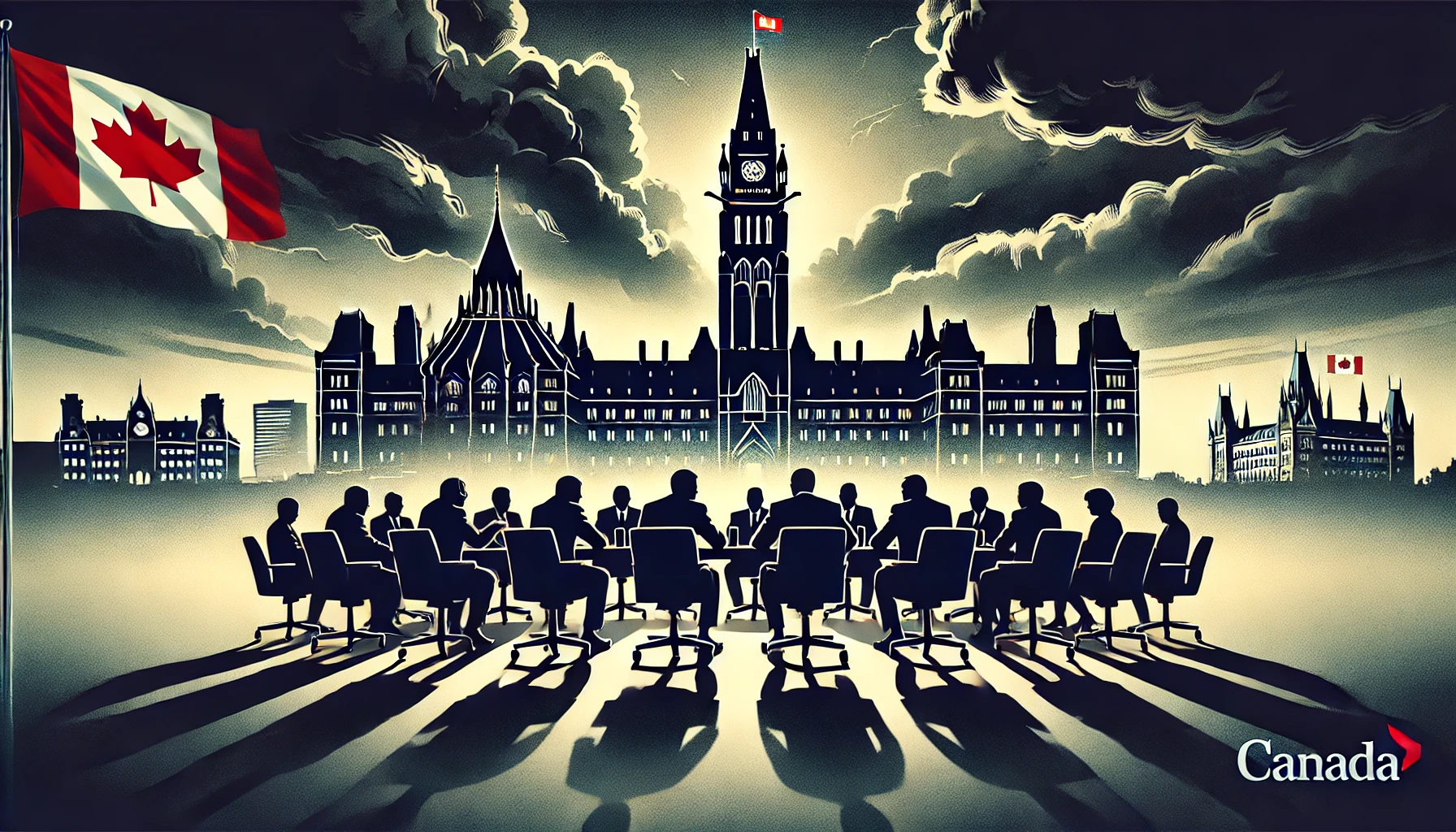The political landscape in Canada has been significantly shaken by the recent resignation of Chrystia Freeland from her cabinet position as Finance Minister and Deputy Prime Minister. Here’s a comprehensive look at the current situation:
Freeland’s Resignation: Chrystia Freeland announced her resignation from Justin Trudeau’s cabinet on December 16, 2024, in what has been described as an explosive letter. She cited disagreements with Trudeau over the government’s approach to economic policy and the looming threat of US tariffs under President-elect Donald Trump. Freeland criticized Trudeau for what she termed “costly political gimmicks,” suggesting a need for a more fiscally responsible approach to prepare for possible economic warfare with the US.
Impact on Trudeau’s Leadership: The resignation has sparked a significant test for Trudeau’s leadership. Several Liberal MPs have renewed calls for Trudeau to resign, pointing to his management of the economy and internal party dynamics. The Liberal caucus convened in an emergency meeting where MPs expressed varied opinions; some demanded Trudeau step down, while others showed support. The sentiment within the party seems divided, with some like Chad Collins publicly stating the lack of unity within the caucus.
Public and Political Reaction: The public and political reaction has been intense. Conservative Leader Pierre Poilievre has called for an immediate federal election, arguing that Trudeau has “lost control.” NDP Leader Jagmeet Singh has also urged Trudeau to resign, although he has not confirmed whether he would move to a vote of non-confidence. There’s been speculation and commentary across political lines about the future leadership of the Liberal Party, with some suggesting Freeland might be positioning herself for a leadership bid.
Economic Policy and Trump’s Tariffs: Freeland’s resignation letter highlighted the need to prepare for Donald Trump’s tariff threats, advocating for eschewing political gimmicks to keep Canada’s fiscal reserves strong. This has put Trudeau’s economic strategy under scrutiny, especially with the government’s fall economic statement revealing a higher than expected deficit.
Trudeau’s Response: Trudeau has not publicly committed to resignation but has indicated he would reflect on the situation. His immediate move was to appoint Dominic LeBlanc as the new Finance Minister, which suggests an effort to maintain government operations amidst the chaos. However, sources close to the PM have suggested he is considering his options as leader, indicating the pressure he’s under.
The political atmosphere in Canada is currently one of uncertainty and speculation. Trudeau’s ability to navigate this crisis will define his leadership in the coming months, especially with an election looming before October 2025. The situation underscores the volatile nature of Canadian politics at this juncture, with significant implications for both the Liberal Party’s future and Canada’s economic policy direction.





